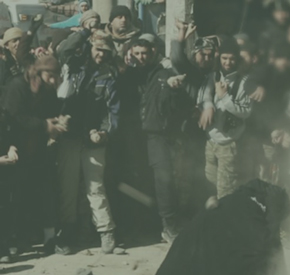
©2002 - 2019 Site developed by TheReligionofPeace.Com
All Rights Reserved
Any comments can be directed to the Editor.
About the Site
All Rights Reserved
Any comments can be directed to the Editor.
About the Site
©2002 - 2019 Site developed by TheReligionofPeace.Com
All Rights Reserved
Any comments can be directed to the Editor.
About the Site
All Rights Reserved
Any comments can be directed to the Editor.
About the Site
g



Aucun commentaire:
Enregistrer un commentaire